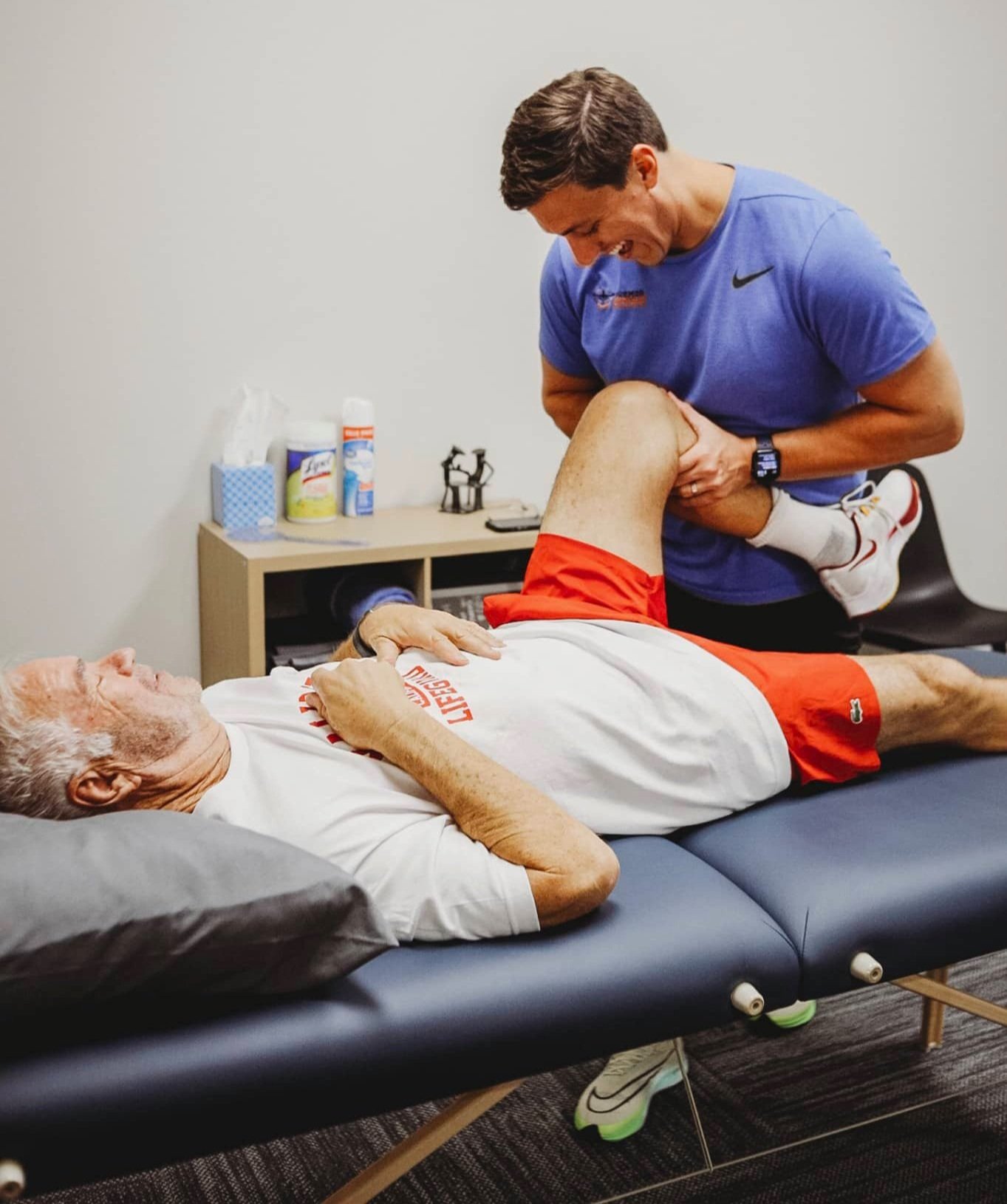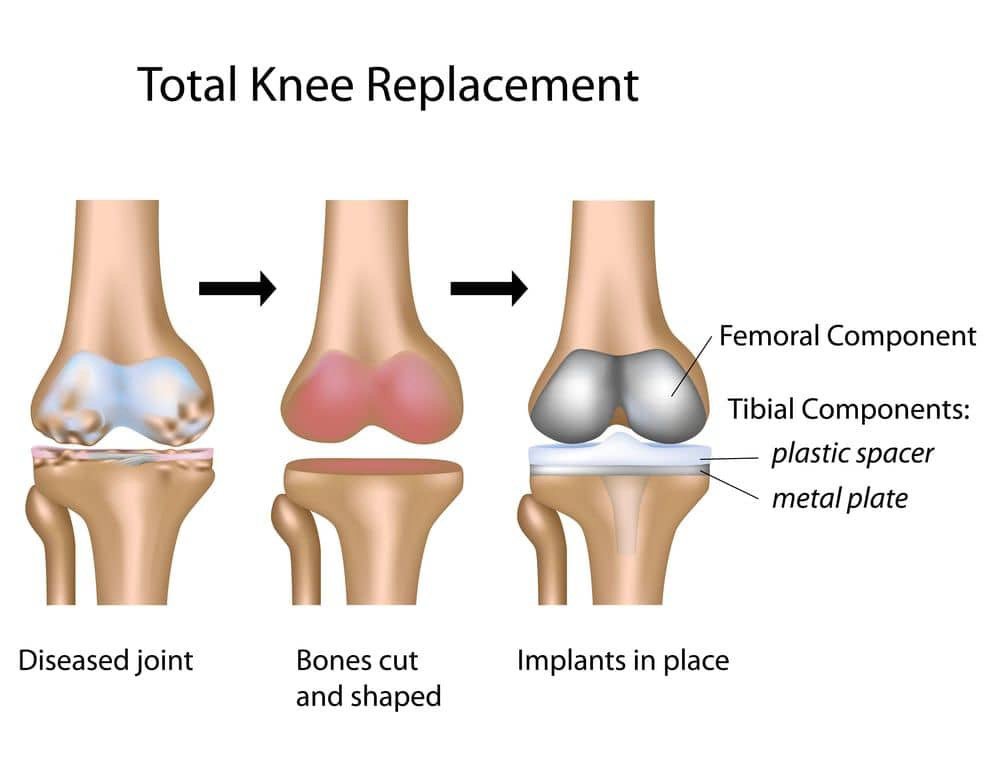Total Knee Replacement: Understanding When, Why, and How
Total knee replacement, also known as total knee arthroplasty, is a surgical procedure that can bring significant relief to individuals suffering from severe knee pain and limited mobility. In this article, we'll delve into the essential aspects of total knee replacement, helping you understand when it's necessary, why it's performed, and how the procedure is conducted.
When is Total Knee Replacement Needed?
Total knee replacement is typically recommended for individuals with advanced osteoarthritis, rheumatoid arthritis, or other conditions that cause significant damage to the knee joint. These conditions can lead to symptoms such as:
Persistent knee pain, even while at rest
Difficulty walking or climbing stairs due to knee stiffness and pain
Swelling and inflammation that doesn't improve with conservative treatments
Failure to find relief from medications, physical therapy, or other non-surgical interventions
If these symptoms significantly interfere with daily activities and quality of life, a healthcare provider may suggest total knee replacement as a viable treatment option.
Why is Total Knee Replacement Performed?
The primary goal of total knee replacement is to relieve pain and restore function to the knee joint. By replacing damaged or worn-out joint surfaces with artificial components, surgeons can effectively eliminate pain and improve mobility. Additionally, total knee replacement can help correct deformities in the knee joint, such as bowed legs or knock knees, which may have developed due to arthritis or other conditions.
While total knee replacement is a major surgery with associated risks, it is often considered when conservative treatments have failed to provide adequate relief. The decision to undergo total knee replacement should be made in collaboration with a healthcare provider, weighing the potential benefits against the risks and considering individual health factors and lifestyle preferences. If you're concerned about the level of pain associated with the procedure, explore our article on Are Total Knee Replacements Painful for more insights.
How is Total Knee Replacement Performed?
Total knee replacement surgery is typically performed under general or regional anesthesia. During the procedure, the surgeon removes damaged cartilage and bone from the surfaces of the knee joint and replaces them with metal and plastic components. These components are designed to mimic the natural shape and function of the knee joint, allowing for smooth movement and weight-bearing.
Advanced technologies such as MAKO robotic-assisted surgery have revolutionized total knee replacement, offering greater precision and accuracy in implant placement. This technology allows surgeons to create a personalized surgical plan based on the patient's unique anatomy, resulting in improved outcomes and faster recovery times.
The surgical technique may vary depending on factors such as the extent of joint damage and the patient's unique anatomy. In some cases, minimally invasive approaches may be used to reduce recovery time and minimize scarring. After the artificial components are securely implanted, the incision is closed, and the patient is taken to a recovery area for monitoring.
Exploring Additional Topics
Embracing the Run: Why Running After Total Knee Replacement is Within Reach: Find out how you can get back to running and other physical activities after knee replacement surgery.
Can Patients Kneel After Total Knee Replacement? Exploring the Facts: Understand the limitations and possibilities of kneeling post-total knee replacement.
Taking Steps Towards Total Knee Health
Total knee replacement can offer significant relief to individuals struggling with debilitating knee pain and limited mobility. By understanding when total knee replacement is needed, why it's performed, and how the procedure is conducted, patients can make informed decisions about their treatment options. If you're experiencing persistent knee pain or mobility issues, don't hesitate to consult with a healthcare provider to explore whether total knee replacement may be right for you.
Already to plan your post-surgery physical therapy care? Have questions?


